Polls close in peaceful Côte d'Ivoire post-war presidential vote
Updated: 2015-10-26 10:11
(Agencies)
|
||||||||
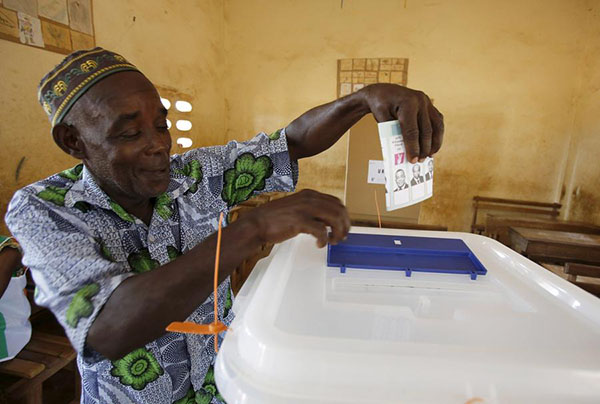 |
|
A man casts his vote at a polling station during the presidential elections in Bayota in the region of former president Laurent Gbagbo, in western Ivory Coast October 25, 2015. [Photo/Agencies] |
ABIDJAN - Poll workers in Côte d'Ivoire began counting ballots on Sunday after a day of peaceful voting in a presidential election seen as crucial to turning the page on a decade-long political crisis and a civil war in 2011.
President Alassane Ouattara, whose leadership has helped the West African nation re-emerge as a rising economic star on the continent, is facing a divided opposition and is heavily favored to win re-election.
However, there were concerns that a boycott by part of the opposition coupled with voter apathy could result in low turnout.
As a commodities crash has caused other African economies to crumble, investors have flooded into the world's top cocoa grower, drawn by growth around 9 percent over the past three years. They are likely to be reassured by the vote, which observers said was overwhelmingly free of violence.
"For the moment we are quite satisfied that everything is going ahead without any major incidents," said Mariam Dao Gabela, chairperson of the Peace-CI civil society elections observer project.
While the risk of poll violence was considered low, tens of thousands of soldiers, police and gendarmes were deployed across the country to secure the election, in which voters faced a choice of seven candidates for the presidency.
More than 6 million Ivorians were registered to vote at some 20,000 polling stations nationwide.
"We must ensure that we emerge from this election with peace and serenity and unite even more in order to take on the further challenges awaiting the nation," Ouattara said after voting in the Cocody district of the commercial capital Abidjan.
Voting, which was officially set to begin at 7 am (0700 GMT), was delayed up to several hours in many areas by the late arrival of materials, including ballots and ballot boxes.
Nearly a third of computer tablets, part of new technology introduced to verify voters' identities, also failed at some point before noon, according to the POECI civil society observer platform.
As a result of the problems, the Independent Electoral Commission (CEI) prolonged voting by two hours to 7 p.m. in voting centres affected by the delays.
Election workers emptied ballot boxes and began counting the votes immediately after the polls closed.
In the classroom of a school in Abidjan's Deux Plateaux neighborhood, election officials held up ballots for candidates' observers to scrutinize before tabulating the votes on a chalkboard.
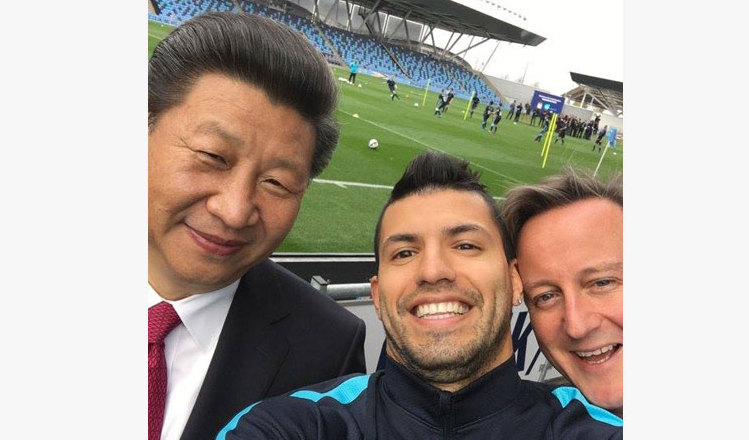
 President Xi visits Man City football club
President Xi visits Man City football club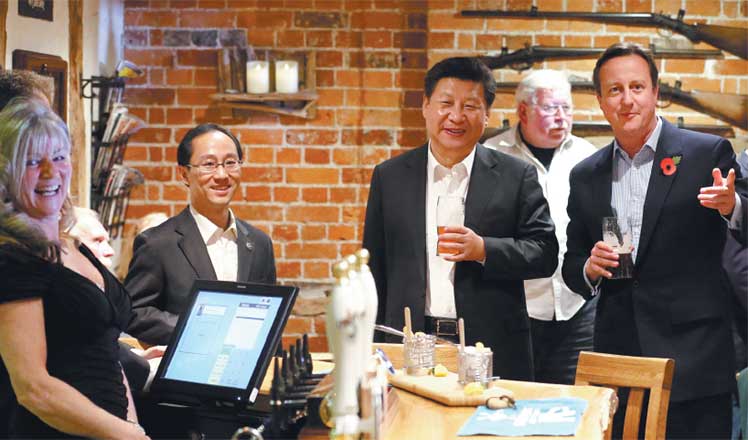
 British PM Cameron treats President Xi to beer, fish and chips in English pub
British PM Cameron treats President Xi to beer, fish and chips in English pub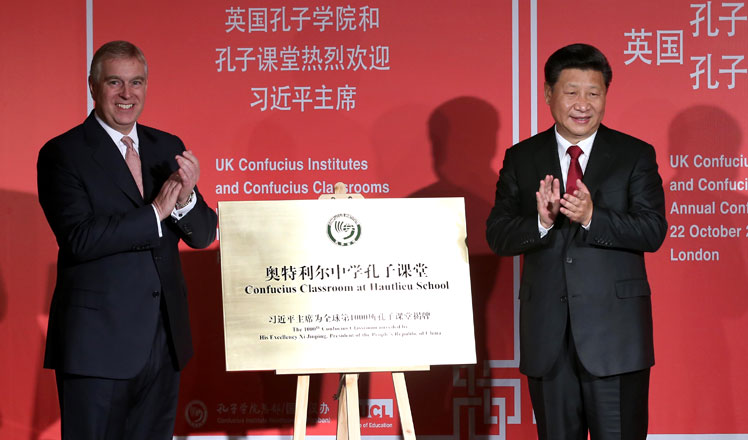
 Xi hails role of Confucius institutes
Xi hails role of Confucius institutes
 First Lady visits London's prestigious Royal College of Music
First Lady visits London's prestigious Royal College of Music
 From Bond to Beckham: Highlights of Xi's speech at the Guildhall banquet
From Bond to Beckham: Highlights of Xi's speech at the Guildhall banquet
 Beloved panda was wartime ambassador warming hearts of people
Beloved panda was wartime ambassador warming hearts of people
 China and UK in the eyes of each other's painters
China and UK in the eyes of each other's painters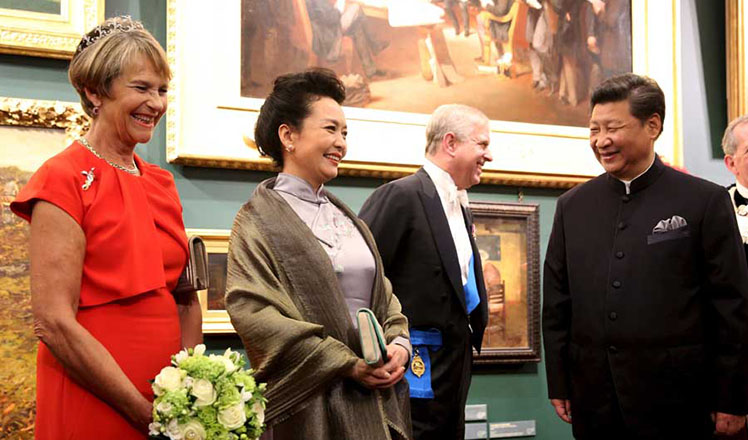
 President Xi, first lady Peng attend Guildhall banquet in London
President Xi, first lady Peng attend Guildhall banquet in London
Most Viewed
Editor's Picks

|

|

|

|

|

|
Today's Top News
Tu first Chinese to win Nobel Prize in Medicine
Huntsman says Sino-US relationship needs common goals
Xi pledges $2 billion to help developing countries
Young people from US look forward to Xi's state visit: Survey
US to accept more refugees than planned
Li calls on State-owned firms to tap more global markets
Apple's iOS App Store suffers first major attack
Japan enacts new security laws to overturn postwar pacifism
US Weekly

|

|







